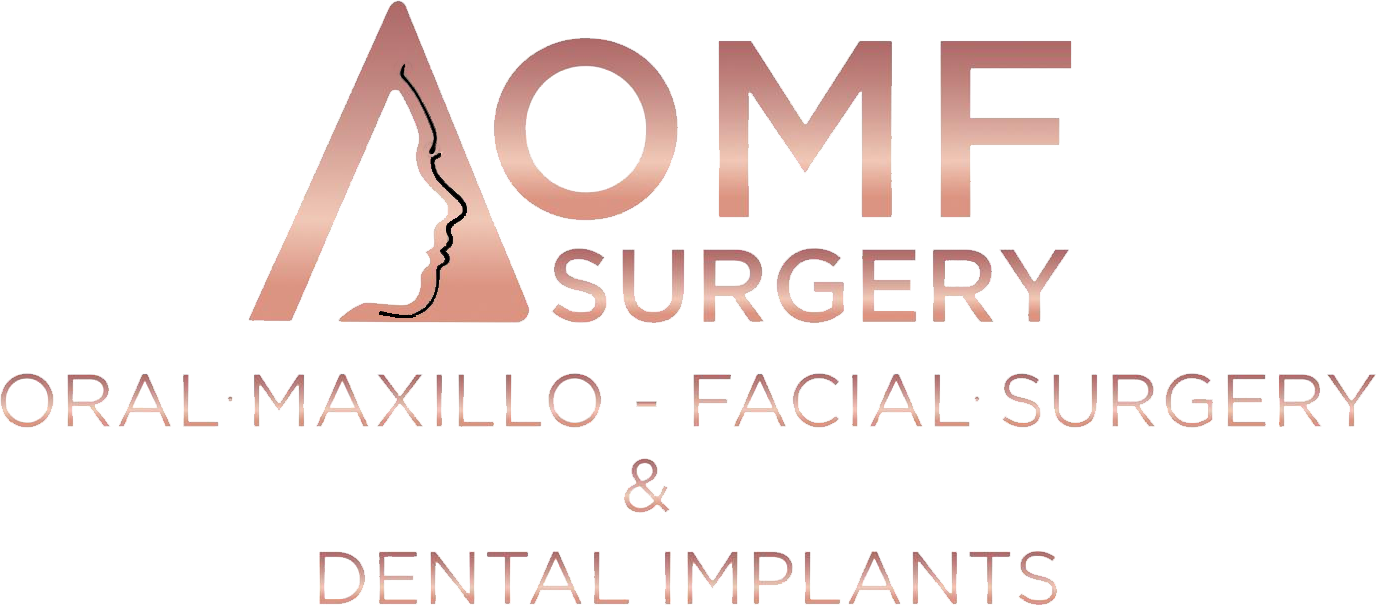Clinical Services
Obstructive Sleep Apnoea
Do you experience excessive daytime sleepiness? Does your partner complain that you snore? Do you feel tired all the time? If you are experiencing any of these symptoms, you may have obstructive sleep apnoea. A recent study in Singapore reported that 1 out of 3 Singaporeans suffer from moderate to severe obstructive sleep apnea, with the majority being undiagnosed or untreated.
- Sleep deprivation may lead to excessive daytime sleepiness, fatigue and impaired cognitive function, thereby affecting work performance and lead to work-related accidents e.g. motor vehicle crashes
- Prolonged episodes of airway obstruction leads to physiological changes that affect the cardiovascular and cerebrovascular systems, increasing the risk of developing high blood pressure, coronary artery disease, heart attack, heart failure and stroke
Some of the factors that can increase your risk of developing OSA includes:
- Gender (male)
- Obesity
- Family history
- Anatomical soft tissue structures that cause nasal or airway obstruction
- Retruded lower jaw or a narrow upper jaw
- Smoking
- If you suspect that you may have obstructive sleep apnoea, it may be advisable to arrange a consult with a specialist
- At this consult, a thorough clinical history and examination will be performed
- Further investigations including x-rays and nasoendoscopy may also be done
- To confirm the diagnosis of OSA, a sleep study (either in a sleep laboratory or at home) may be arranged for you
- From this sleep study, the type and severity of the OSA may be determined
- OSA is best treated using a multi-disciplinary approach involving medical and dental specialists
- Treatment depends on the severity of the OSA, age, Body Mass Index (BMI), facial morphology and any co-morbidities associated with the patient
- The management plan can range from non-surgical to surgical therapies
- Non-surgical therapies include the use of a CPAP (Continuous Positive Airway Pressure) machine or the use of dental splints such as Mandibular Advancement Devices (MAD)
- Surgical therapies include soft tissue surgery or jaw surgery such as Maxillo-Mandibular Advancement (MMA) or upper jaw expansion using Distraction Osteogenesis (DO)
